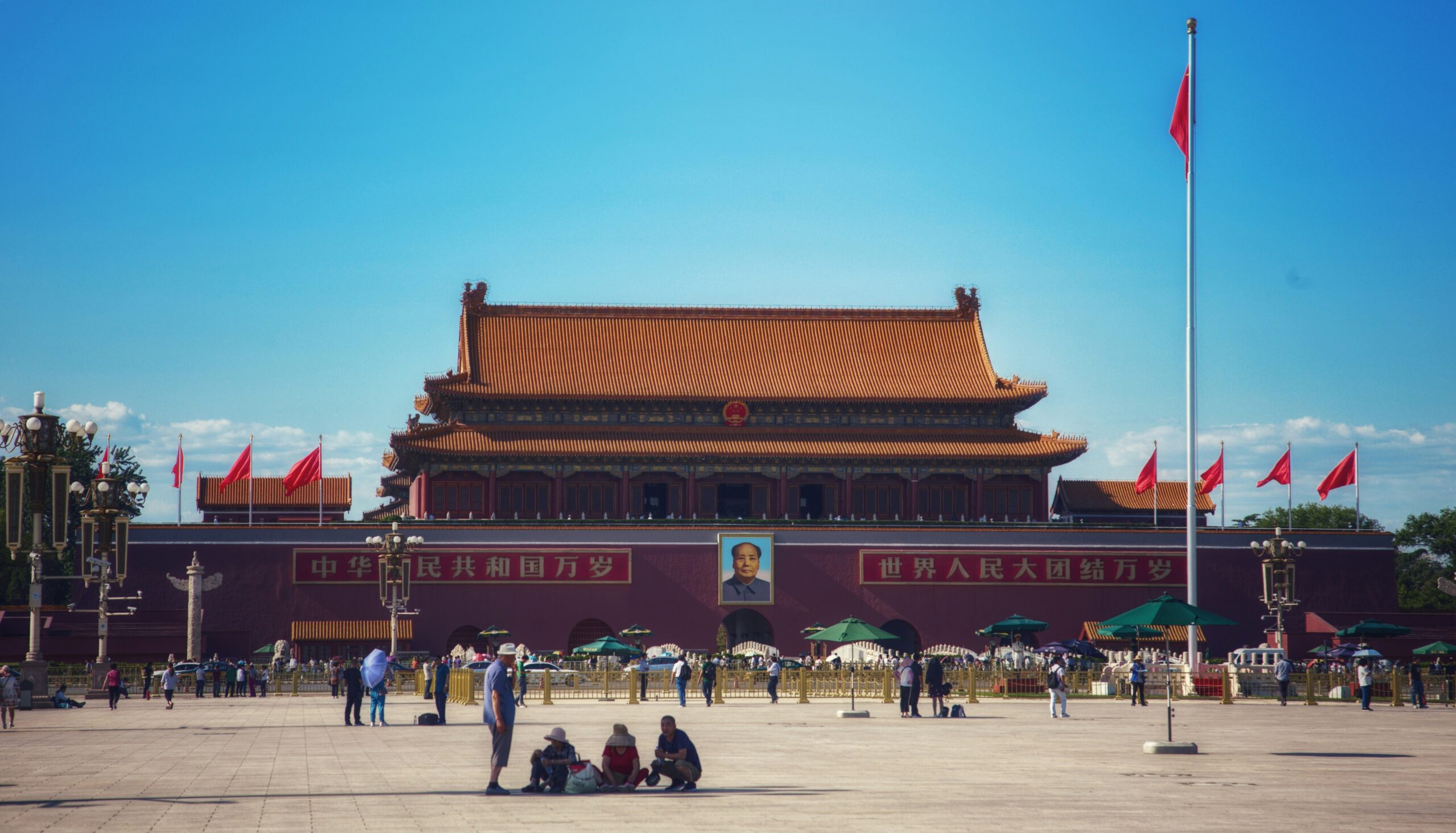On Wednesday (8 October), the European Commission shared its €1 billion plan to boost the use in key industries, create leading European AI businesses, and reduce the EU’s dependency on American and Chinese technologies.
The strategy aims to speed up the use of artificial intelligence across Europe’s economy, especially among small and medium-sized businesses (SMEs) and in the eleven sectors essential to European competitiveness identified by Mario Draghi, former European Central Bank president and Italian prime minister, in his famous report, most importantly healthcare and pharmaceuticals, robotics, energy and green technologies.
It introduces an “AI First” approach, encouraging organisations to consider AI solutions under a “buy European” principle. It also supports the use of open-source AI to strengthen Europe’s technological independence.
Built around three main pillars, the strategy focuses on: boosting AI use in the key industries and public sector, expanding Europe’s innovation capacity, and creating a new governance system with the Apply AI Alliance and AI Observatory to coordinate actions and monitor progress.
An AI continent
The new strategy is part of and builds on the “AI Continent Action Plan” published in April. Back then, the Commission outlined concrete actions it deemed crucial to narrow the gap with the US and China, from investing in and building AI factories and acquiring supercomputers, to teaching AI skills and poaching talent in the field.
The current Apply AI strategy is only part of a wider package this year. On the same day, the Commission communicated the AI in Science strategy to support scientists to “responsibly adopt AI technologies for carrying out their research” through RAISE (short for “Resource for AI Science in Europe”), a virtual institute to coordinate AI resources, including computational power, data, talent and funding across the EU, countries and the private sector. The forthcoming Data Union strategy should scale up the use and availability of data for AI training.
The Commission is also asking stakeholders to submit feedback before 14 October on what AI, data and cybersecurity rules could be simplified in the “omnibus” package still expected this quarter.
Furthermore, the Commission will adopt next year’s work programme for its research programme Horizon Europe (€ 93.5 billion under the 2021-2027 budget) with an additional funding option for artificial intelligence development and deployment. A separate GenAI4EU initiative will also look at which scraps of the present budget can be used to develop the AI used by chatbots such as OpenAI’s ChatGPT or Google’s Gemini.
Will it suffice?
It remains to be seen whether a top-down strategy will be effective. A Commission official told news outlet ScienceBusiness that the Commission is “occupying a space which is empty at the international level, because our main competitors, not to name the US and China, do not have a strategy.”
However, the €1 billion budget addresses only a small part of Europe’s wider investment gap. According to the Commission’s department for communication networks, AI investment in Europe represents only about 4 per cent of US spending, including both public and private funds. For example, the European Innovation Council has an annual budget of €256 million, compared with $6 billion in the United States. Similarly, venture capital investment in AI in 2023 amounted to $8 billion in the EU, compared with $68 billion in the U.S.

